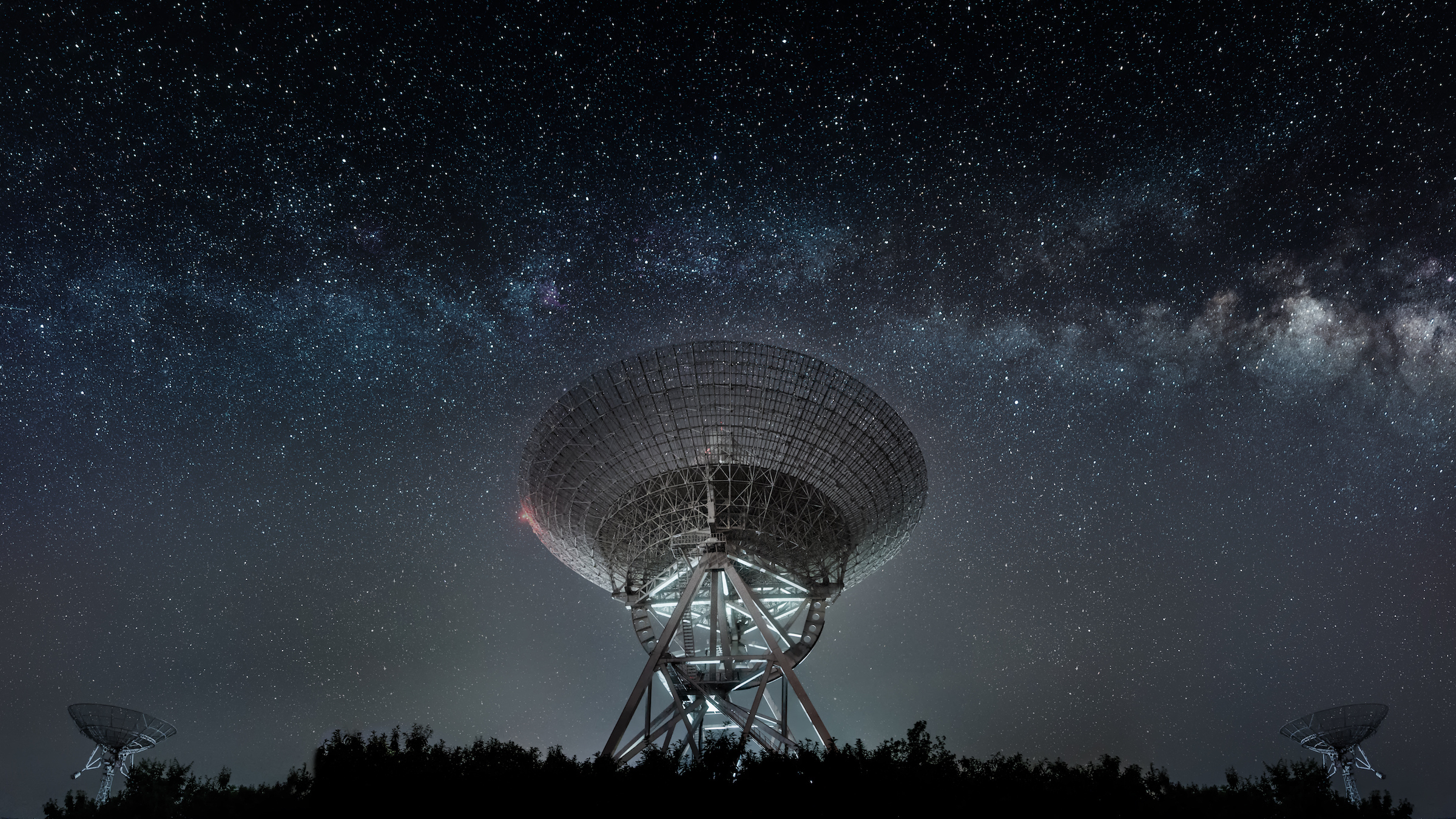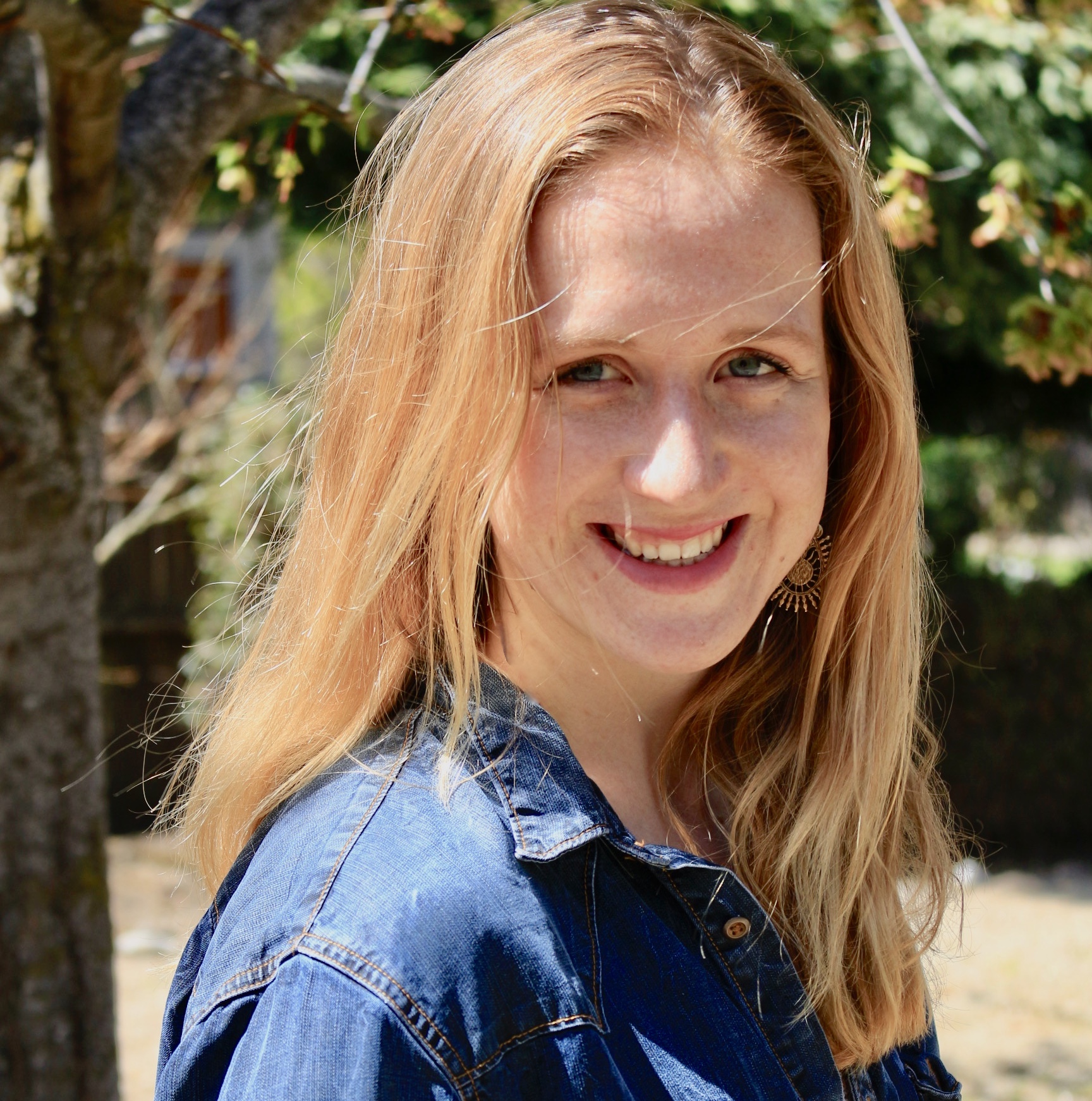
Isobel Whitcomb
Isobel Whitcomb is a contributing writer for Live Science who covers the environment, animals and health. Her work has appeared in the New York Times, Fatherly, Atlas Obscura, Hakai Magazine and Scholastic's Science World Magazine. Isobel's roots are in science. She studied biology at Scripps College in Claremont, California, while working in two different labs and completing a fellowship at Crater Lake National Park. She completed her master's degree in journalism at NYU's Science, Health, and Environmental Reporting Program. She currently lives in Portland, Oregon.
Latest articles by Isobel Whitcomb
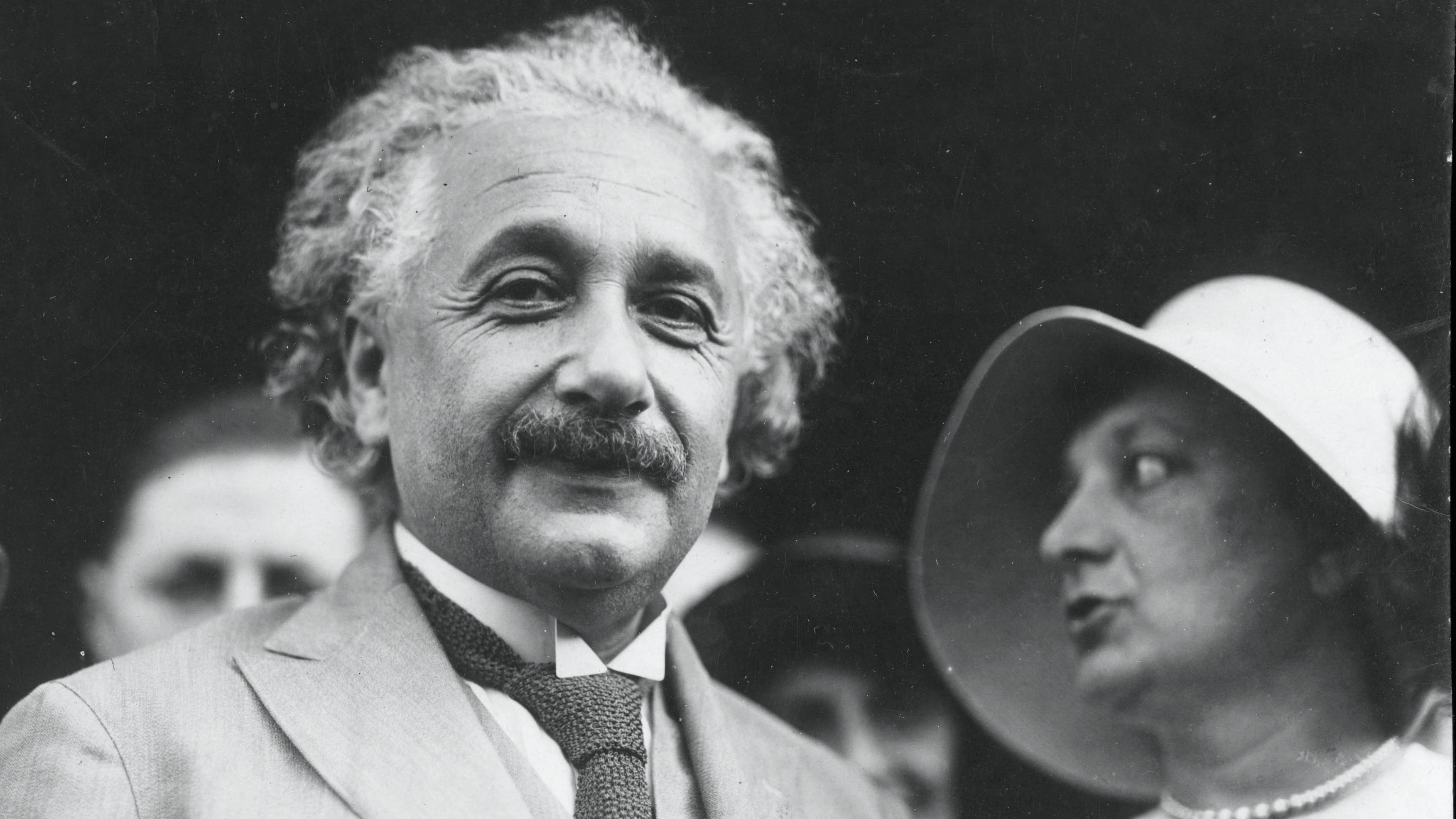
32 fun and random facts about Albert Einstein
By Isobel Whitcomb published
Albert Einstein was much more than a scientific genius. From his political beliefs to his hatred of socks, here are 32 facts about Einstein you might not have heard before.
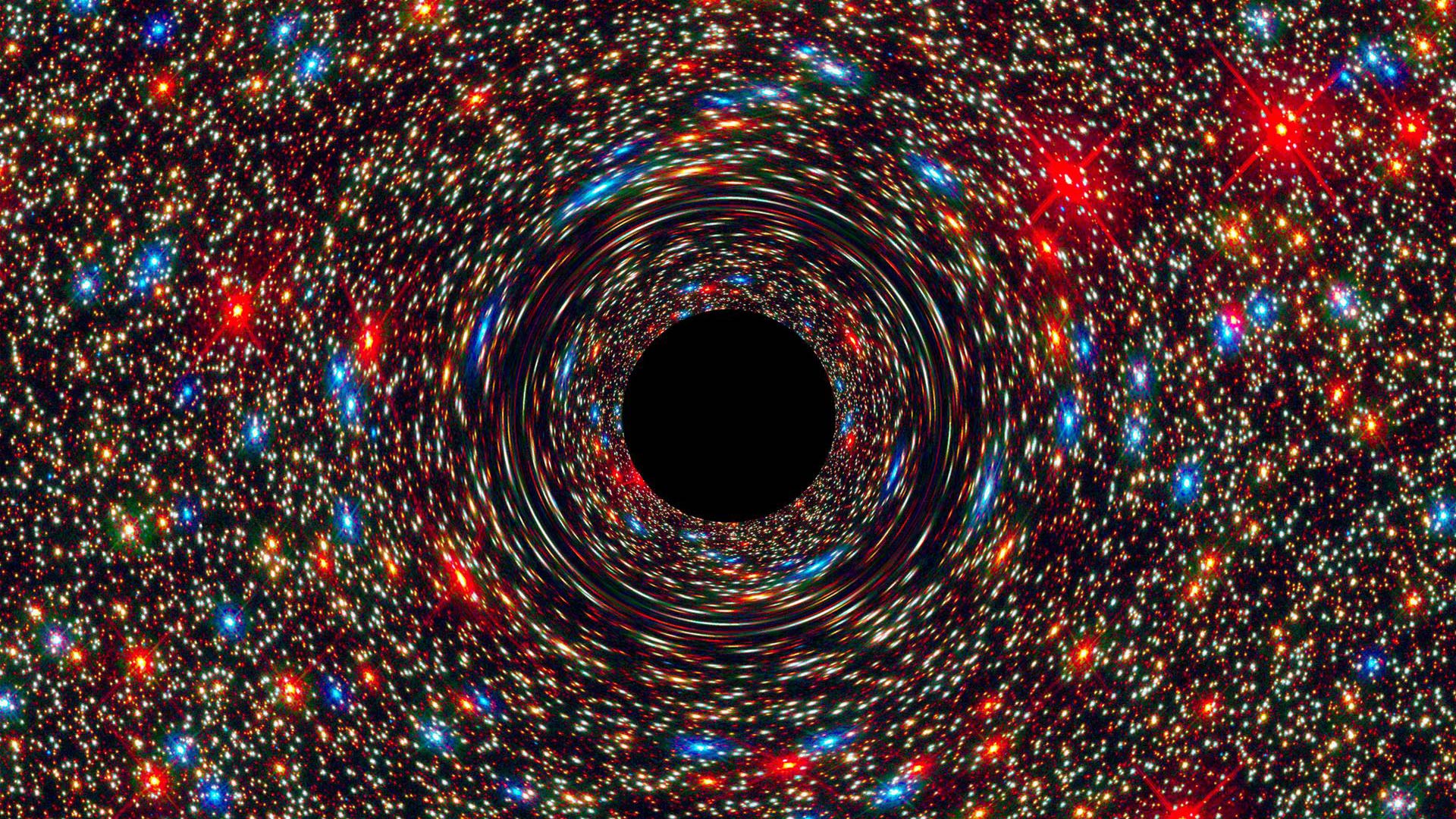
32 strange places scientists are looking for aliens
By Isobel Whitcomb published
From planets and moons in our solar system to dying stars and parallel universes, here are some of the far-out places scientists are searching for alien life.
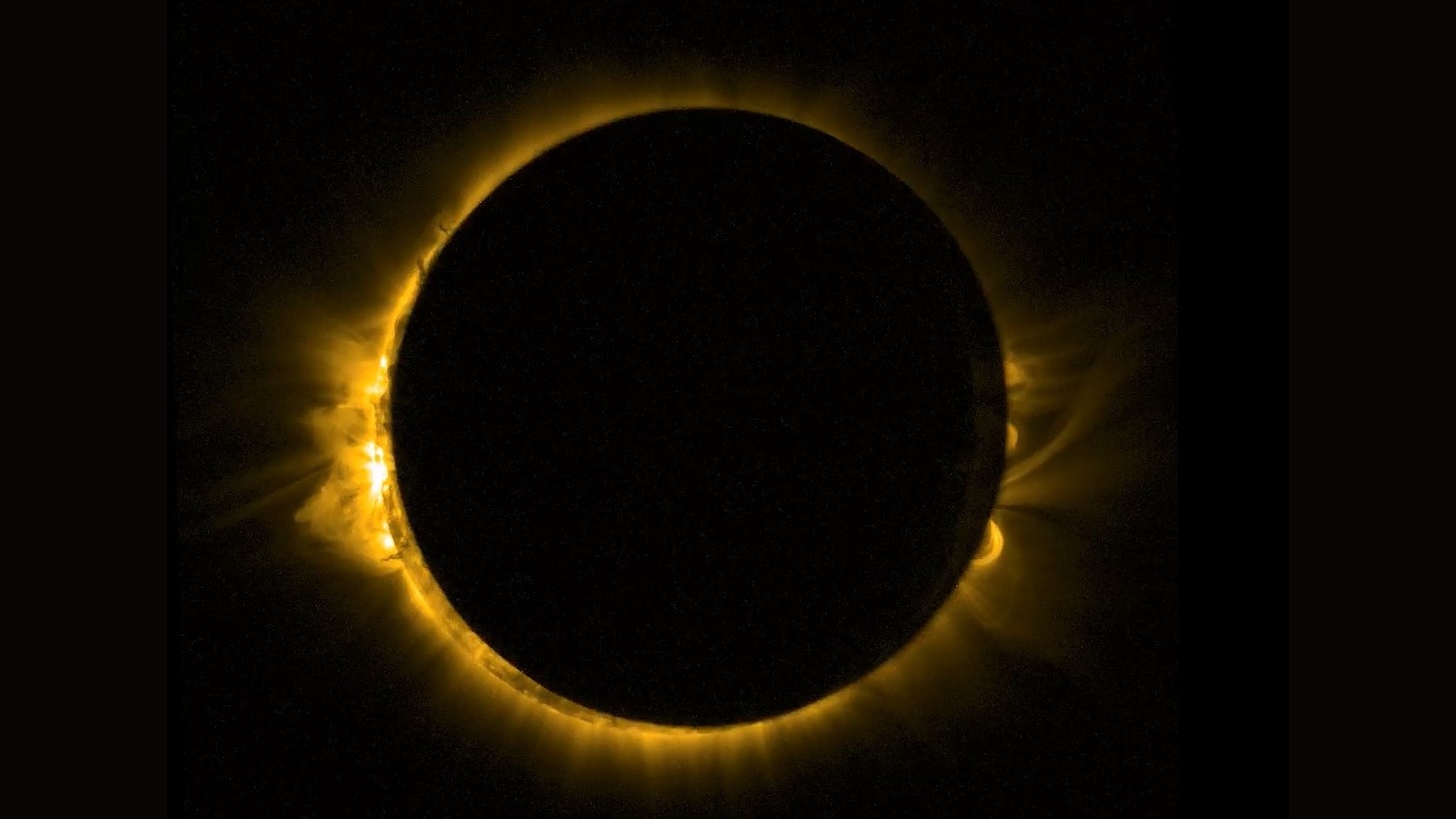
'Zeus made night from mid-day': Terror and wonder in ancient accounts of solar eclipses
By Isobel Whitcomb published
For millennia, solar eclipses like the upcoming one on April 8 have inspired awe, wonder and fear. Here are some of the most intriguing accounts of solar eclipses from ancient Greece to the Mayan empire.
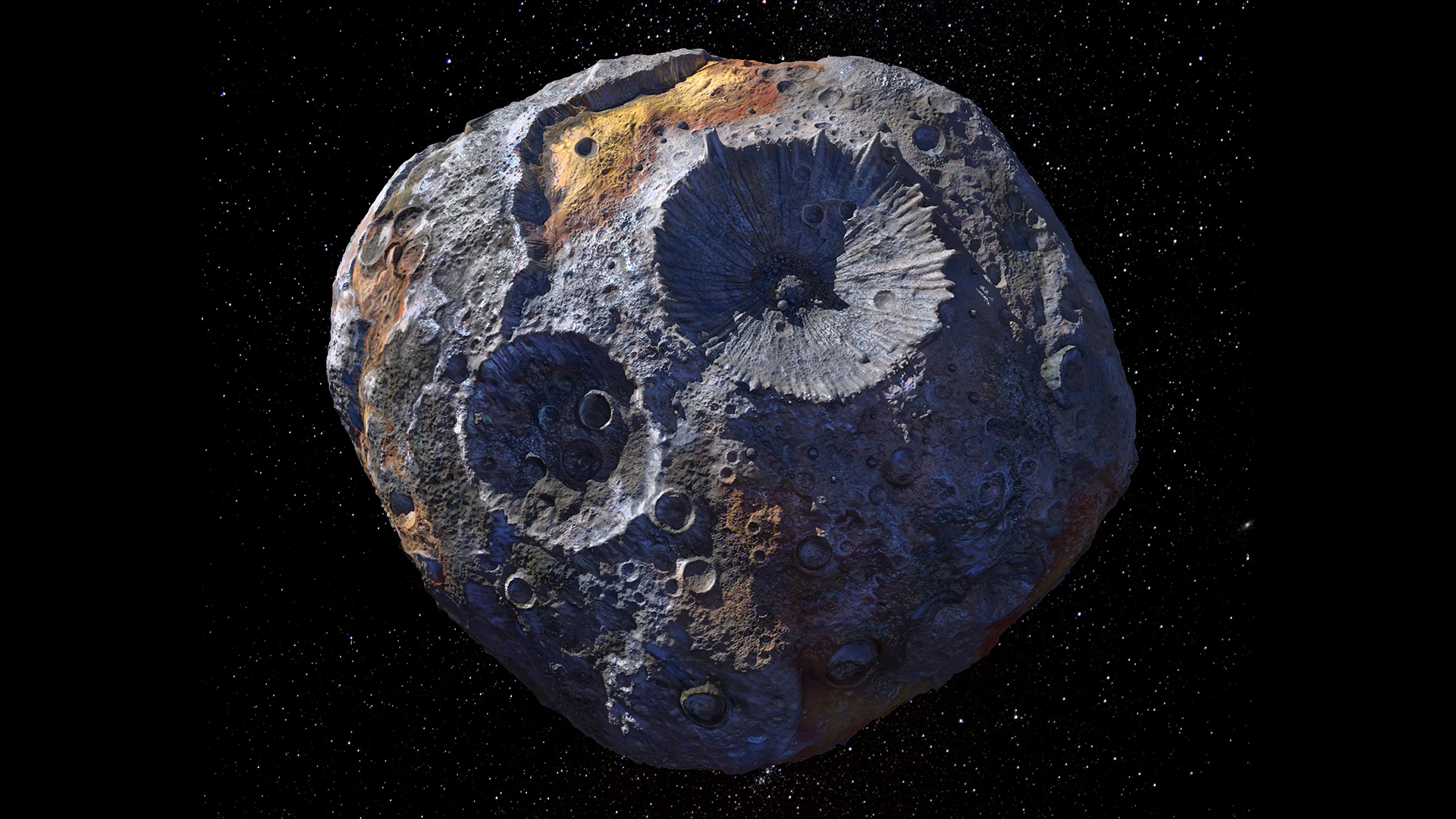
There's an asteroid out there worth $100,000 quadrillion. Why haven't we mined it?
By Isobel Whitcomb published
While asteroids are rich sources of precious and valuable materials, scientists still haven't fully committed to mining them.
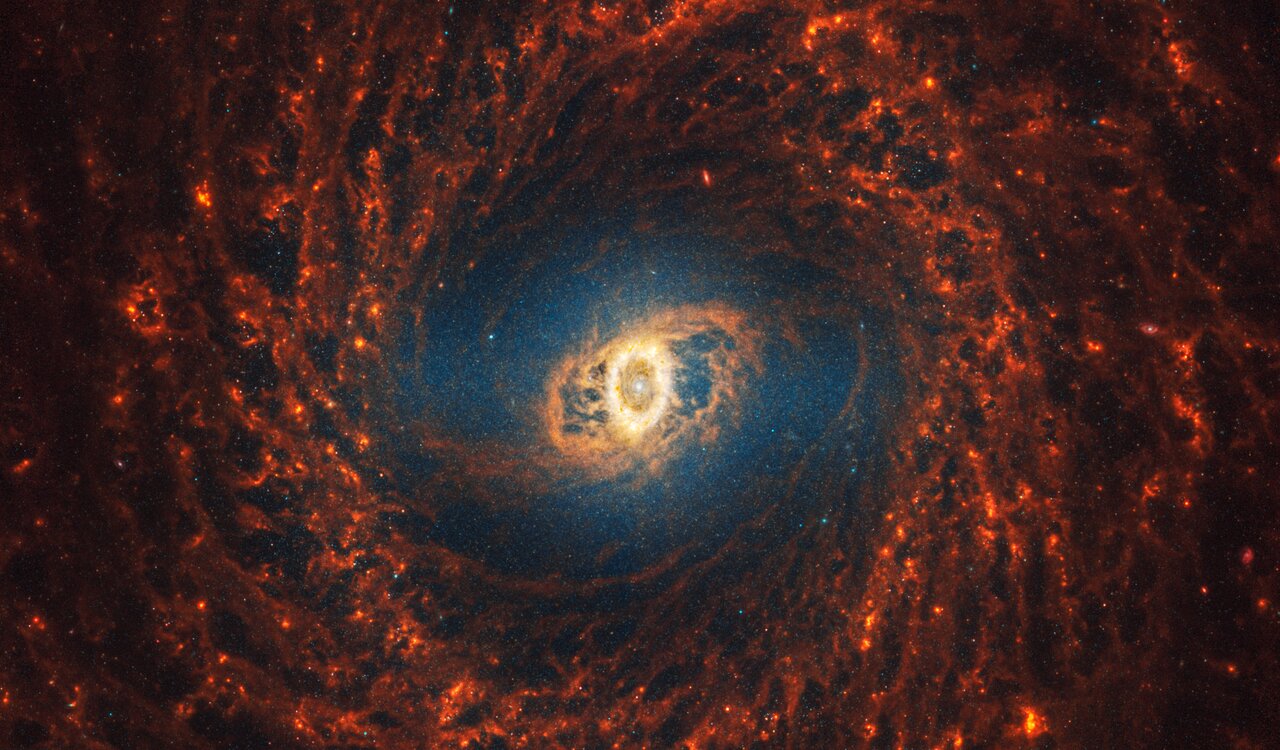
'Mind-blowing' James Webb telescope images reveal 19 spiral galaxies in the greatest detail ever seen
By Isobel Whitcomb published
New James Webb telescope images reveal 19 Milky Way-like spiral galaxies in more intricate detail than has ever been seen before.
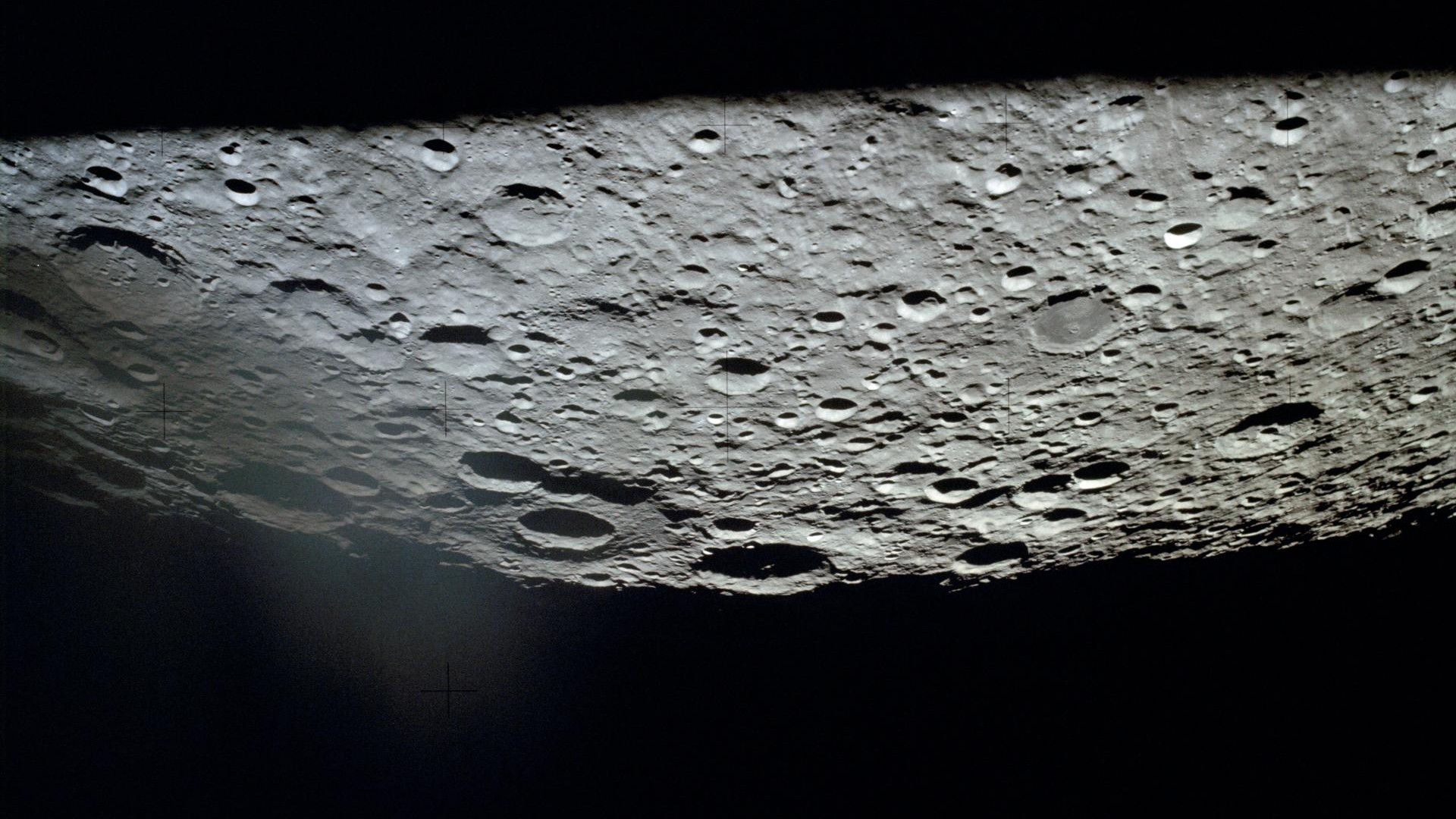
Scientists map 1,000 feet of hidden 'structures' deep below the dark side of the moon
By Isobel Whitcomb published
With data from China's Chang'e-4 rover, scientists were able to visualize the upper 1,000 feet of the moon's surface for the first time. Their results reveal billions of years of previously hidden lunar history.
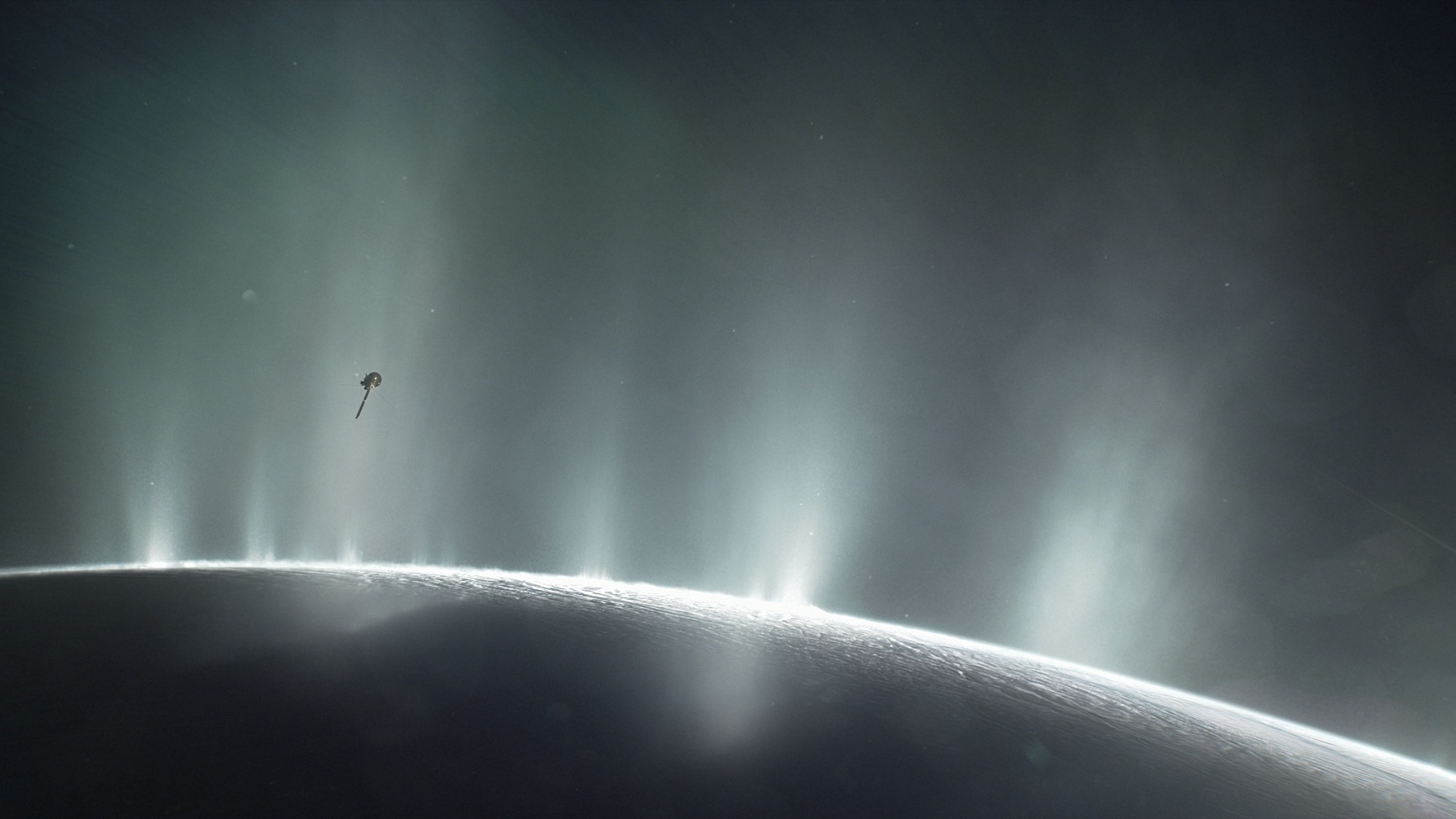
James Webb telescope discovers gargantuan geyser on Saturn's moon, blasting water hundreds of miles into space
By Isobel Whitcomb published
The James Webb Space Telescope caught Saturn's icy moon Enceladus spraying a 'huge plume' of watery vapor far into space — and that plume may contain chemical ingredients for life.
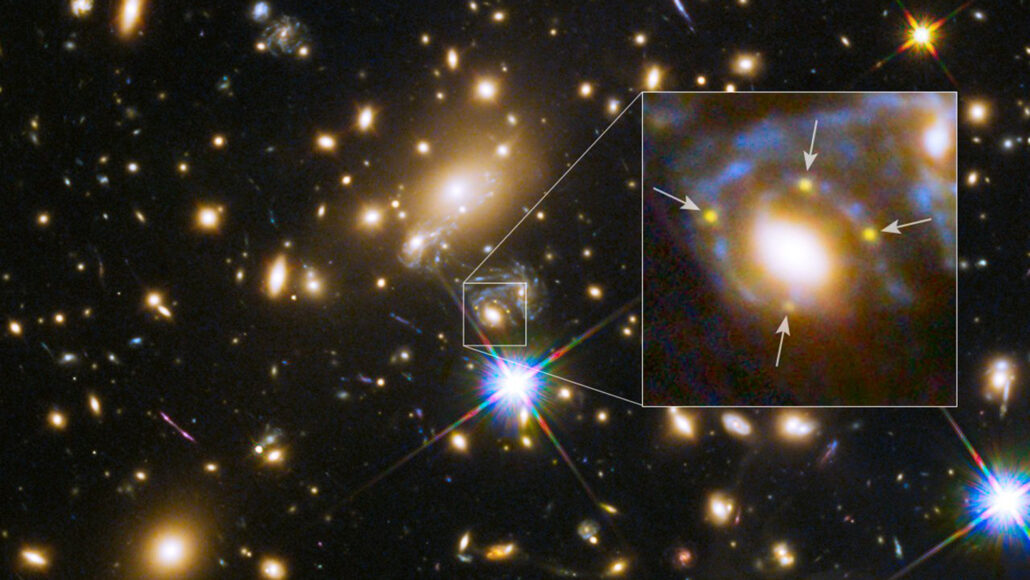
Scientists watched a 'reappearing supernova' explode 5 times in a row — and it could help reveal how fast the universe is expanding
By Isobel Whitcomb published
After showing up five times in Hubble images, a 'reappearing supernova' is helping scientists solve one of astronomy's biggest mysteries.
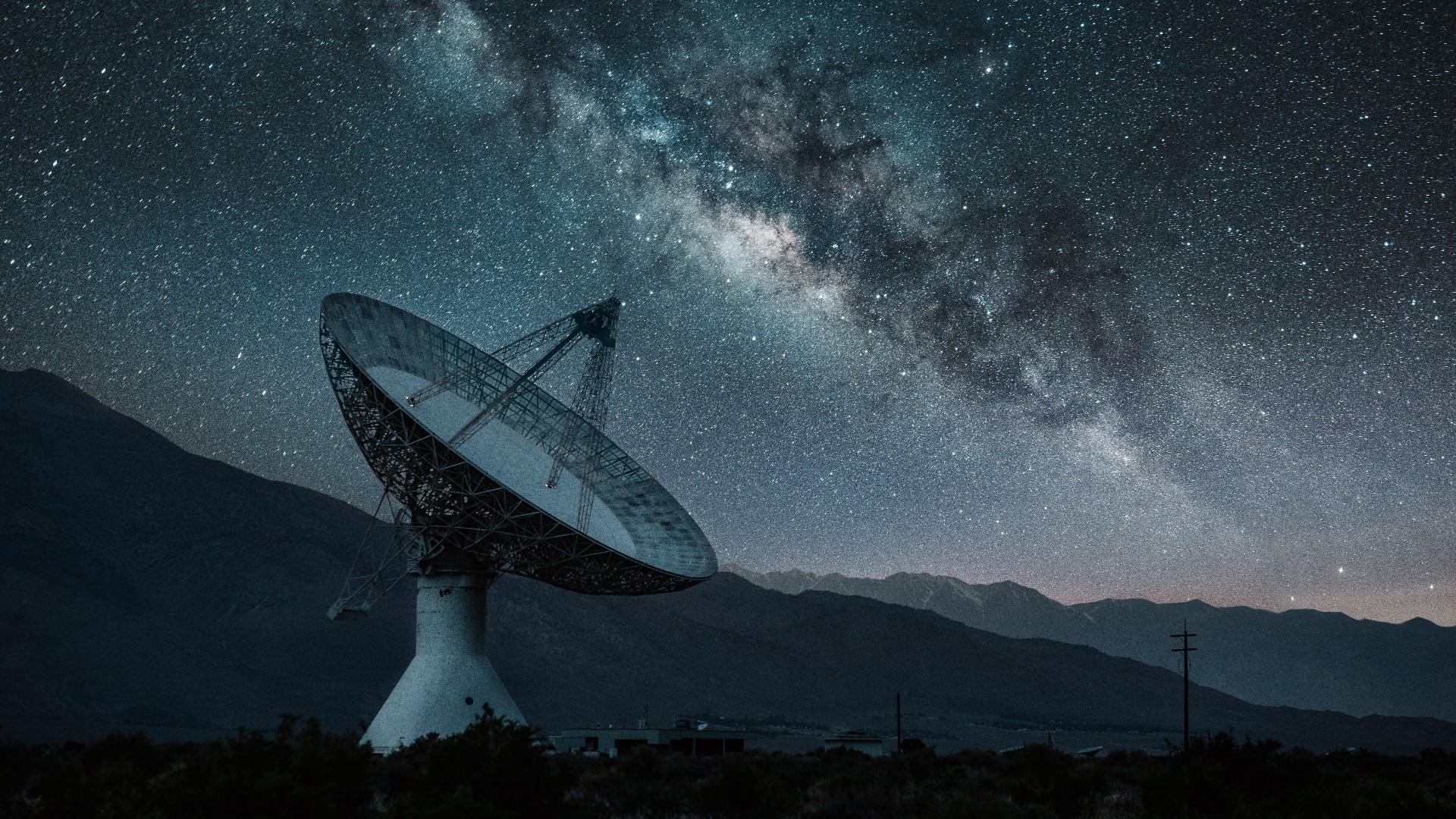
Scientists are working on an official 'alien contact protocol' for when ET phones Earth
By Isobel Whitcomb published
We're unprepared for when E.T. reaches out to us. A team of experts is determined to change that with the first new alien "contact" protocol in 35 years.
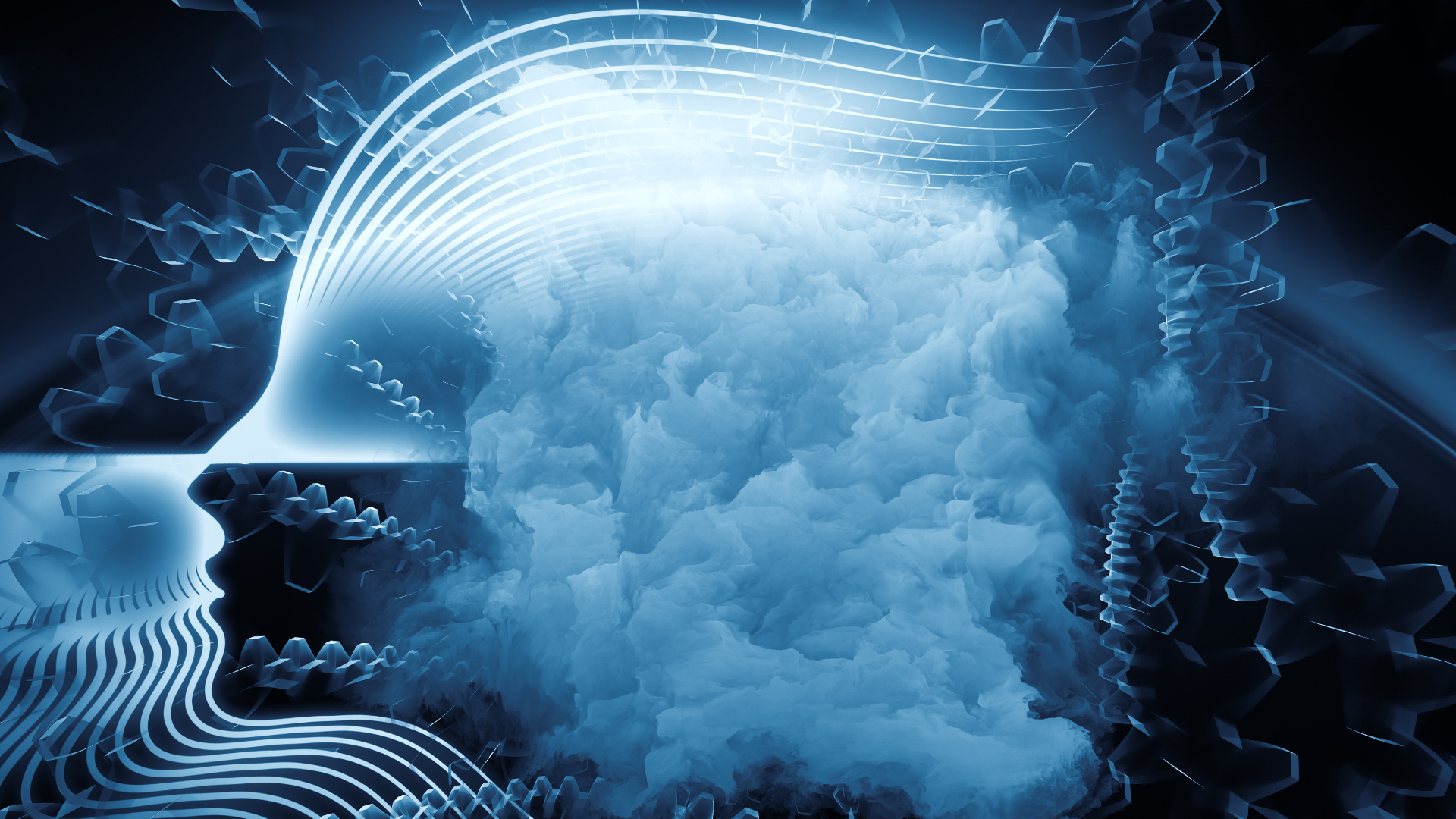
Is it possible to avoid unwanted thoughts?
By Isobel Whitcomb published
Is there a way to suppress unwanted thoughts that repeatedly pop into your mind?
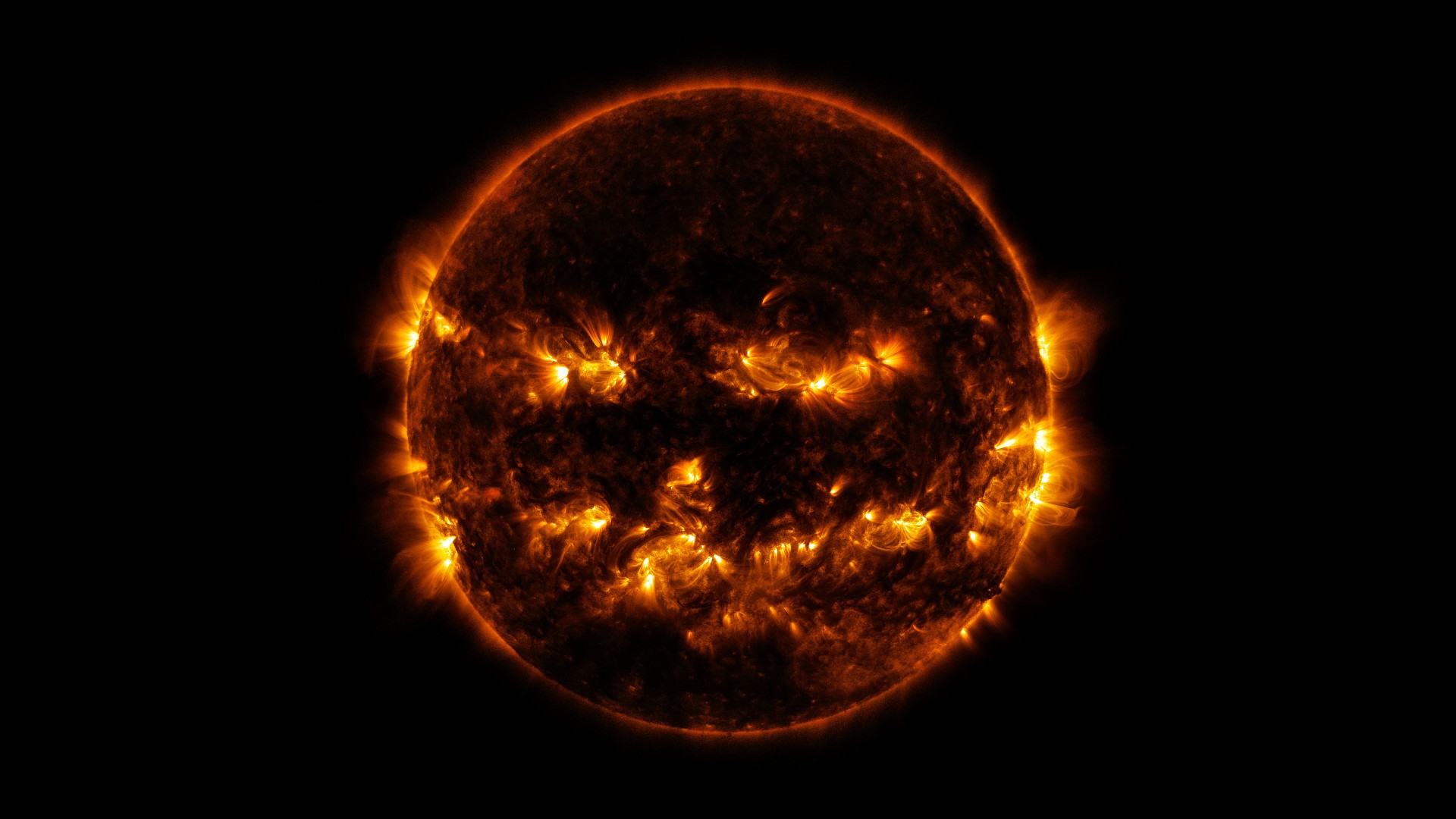
What is the largest known star in the universe? (What about the smallest?)
By Isobel Whitcomb published
The big stars make our sun look puny.
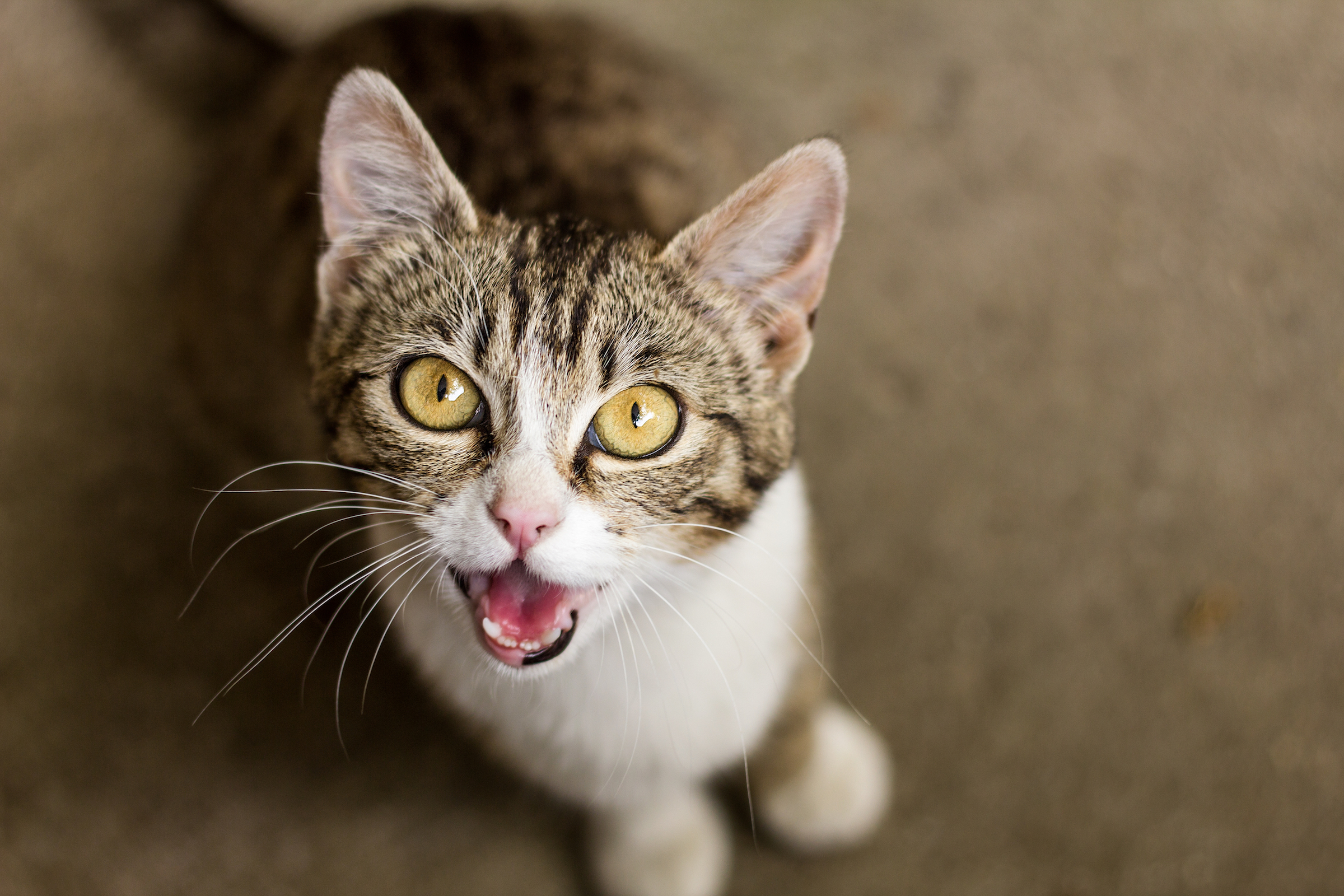
Why do cats meow?
By Isobel Whitcomb last updated
Meowing is a tool to get you to do their bidding.
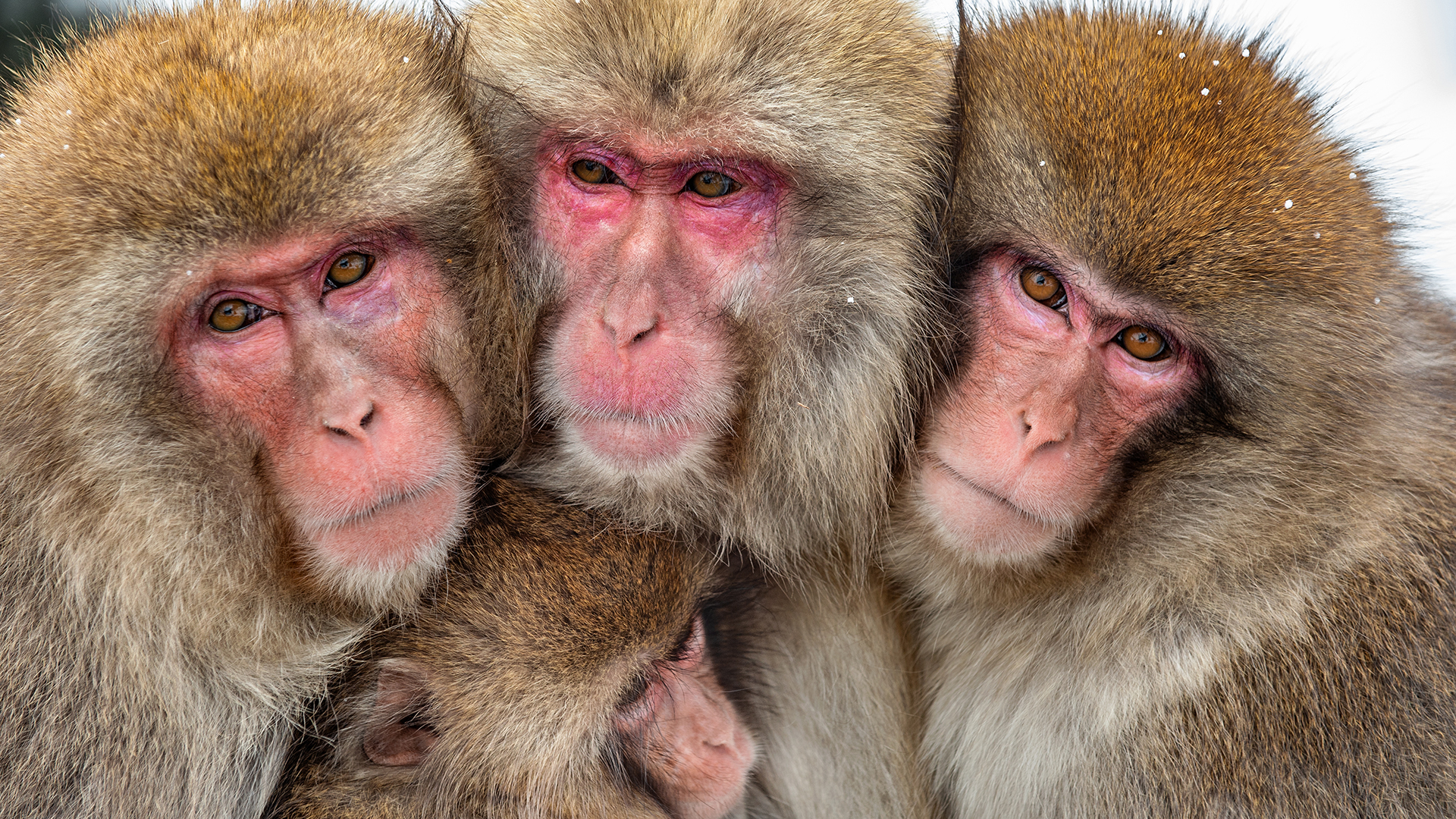
'Monkey gang' member executed in Japan as marauding macaques run amok
By Isobel Whitcomb published
A team of "specially commissioned hunters" tracked down and killed one member of a "monkey gang" responsible for more than 50 attacks in the Japanese city of Yamaguchi.
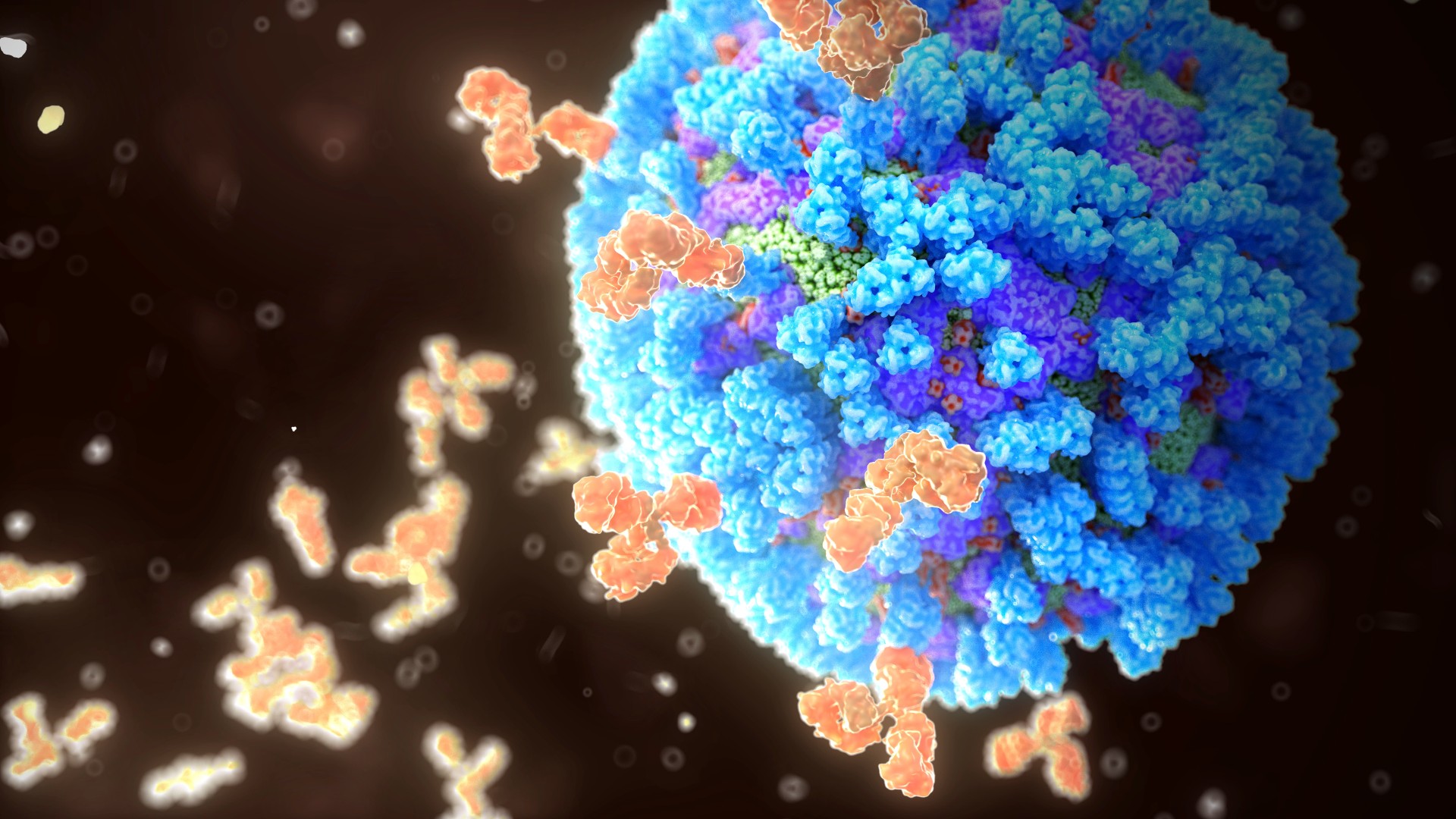
Could we ever eradicate the flu?
By Isobel Whitcomb published
We have influenza vaccines, but is it possible to eradicate the flu?
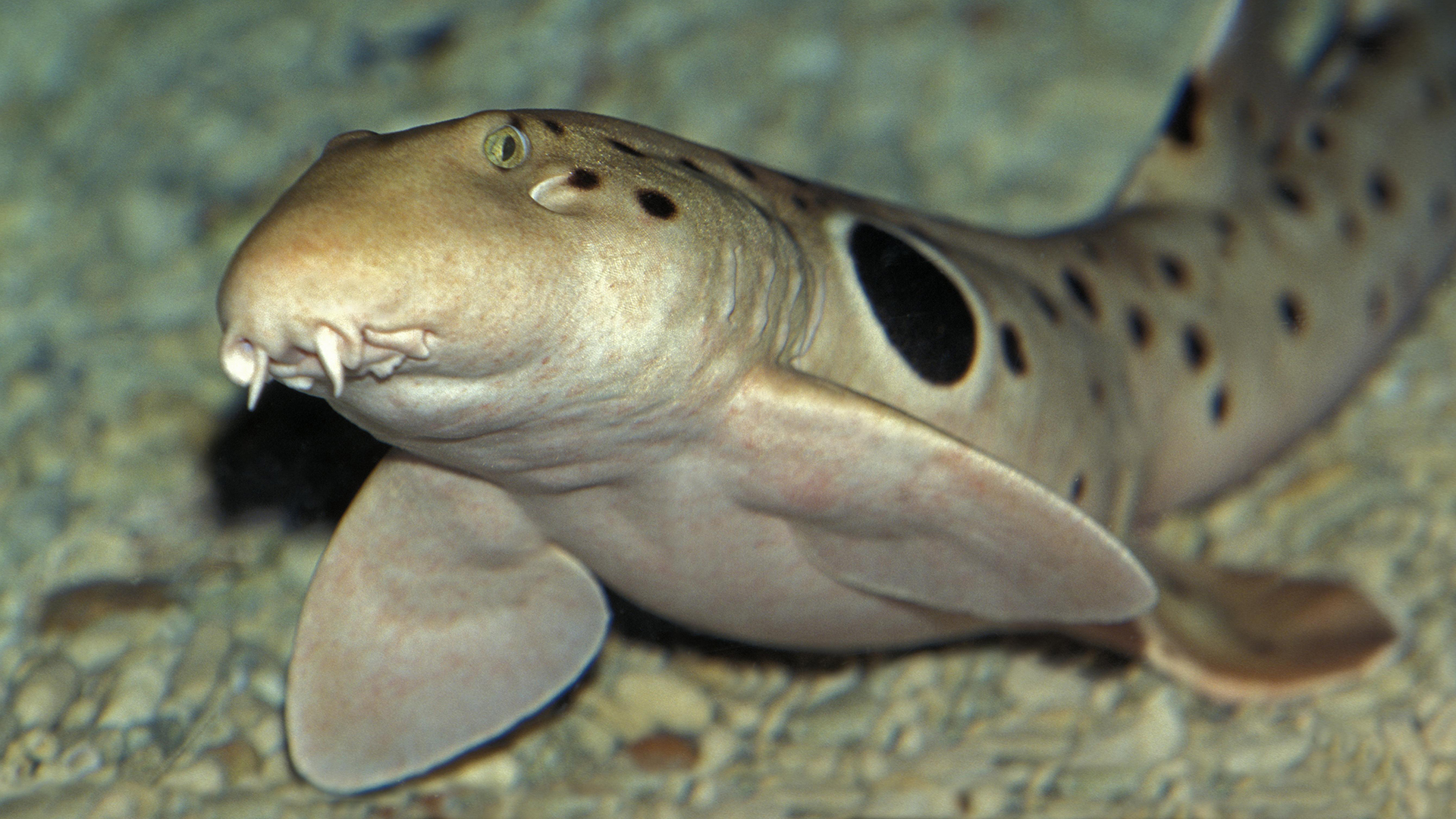
'Walking sharks' caught on video, astound scientists
By Isobel Whitcomb published
On the remote Southern coast of Papua New Guinea, scientists encountered something amazing: a walking shark.

Does wine help you live longer?
By Isobel Whitcomb last updated
People from food cultures where wine is a daily part of life have famously low rates of heart disease and long lives. But does drinking wine actually help you live longer?
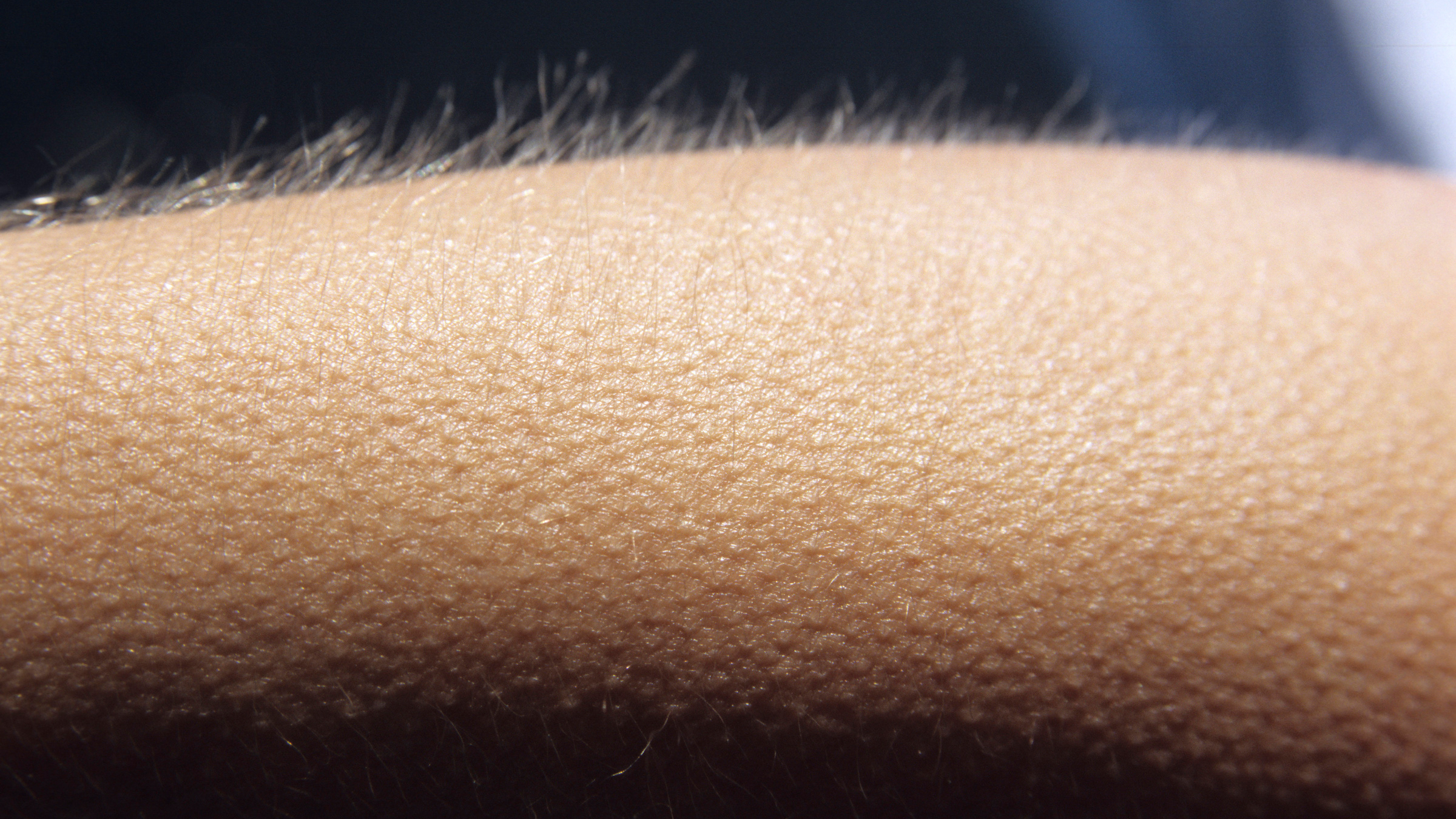
Why do we get goosebumps?
By Isobel Whitcomb last updated
Why do we get goosebumps when we're cold, afraid or inspired? Learn why humans sport this evolutionary adaptation.

Mysterious 'vampire-slayer kit' sells at auction for $15,600
By Isobel Whitcomb published
A "vampire-slayer kit" once owned by a British aristocrat has sold for nearly $15,600 at auction.

What is lactic acid?
By Amber Sayer last updated
Reference An exercise physiologist explains lactic acid, and it's impact on our bodies.

Are humans at the top of the food chain?
By Isobel Whitcomb published
Lions, wolves and great white sharks have no natural predators, except humans. Does that mean humans are at the top of the food chain?
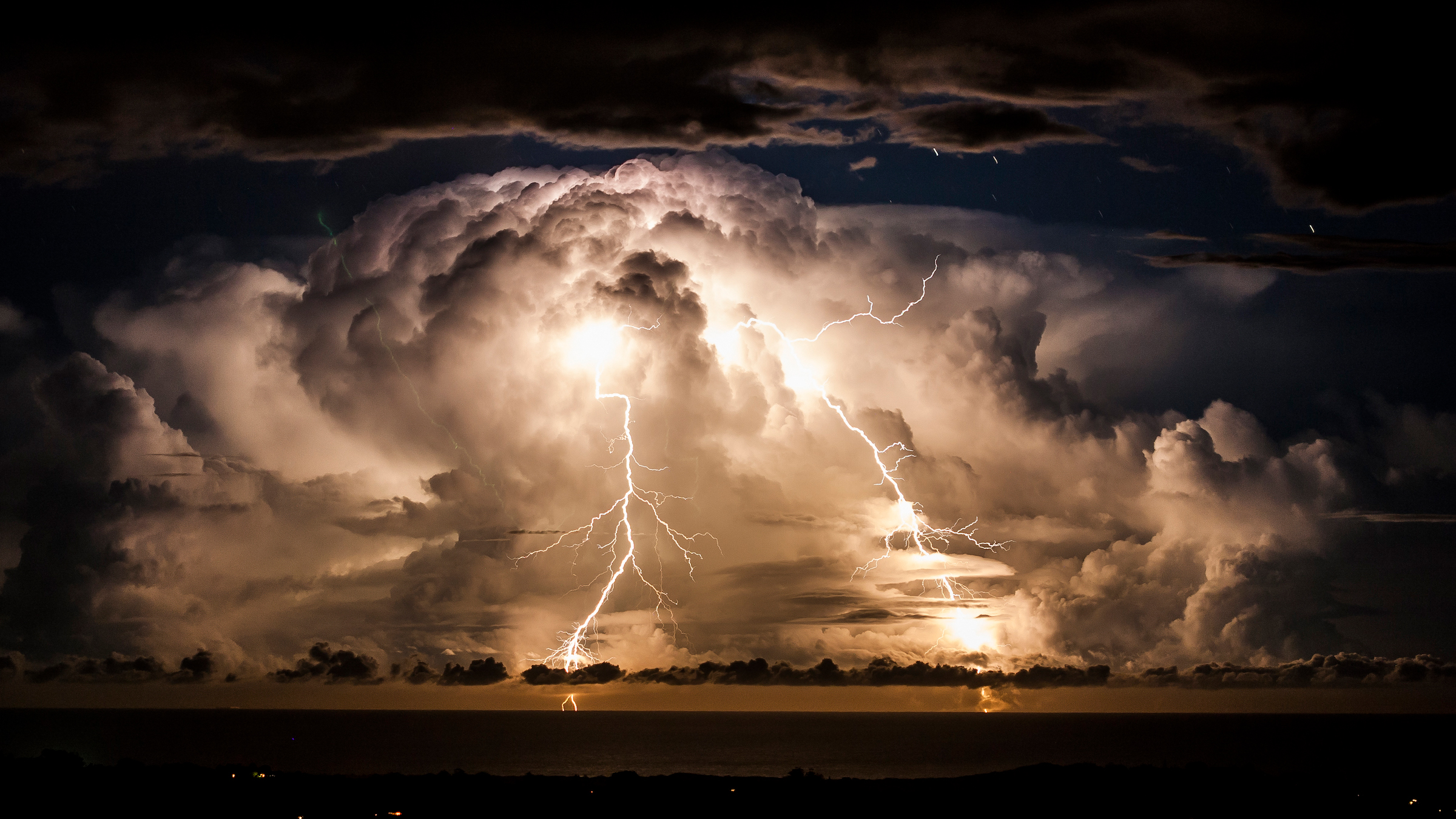
What if the speed of sound were as fast as the speed of light?
By Isobel Whitcomb published
The speed of light moves 1 million times faster than the speed of sound. What would happen if the speed of sound sped up to match it?

What is ESP?
By Isobel Whitcomb published
Also known as "the sixth sense" or "psi," extrasensory perception, or ESP, encompasses a wide range of paranormal abilities, including mind reading and predicting the future.
Sign up for the Live Science daily newsletter now
Get the world’s most fascinating discoveries delivered straight to your inbox.


